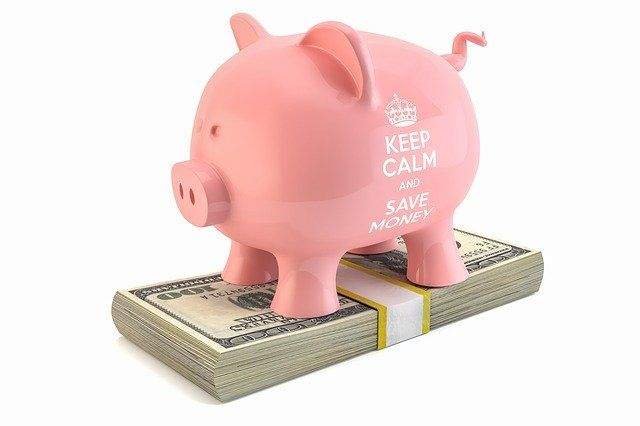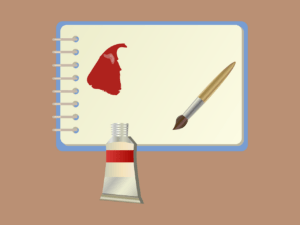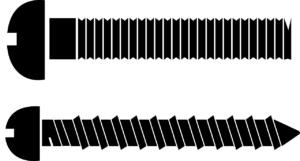Are fixed deposits a safe investment?

Fixed deposits (FD) has always been a preferred investment option for many. Even with the availability of several other investment options, FD’s have not lost their charm. Many Banking and Non-Banking Financial Companies (NBFCs) offer FDs at attractive interest rates.
Fixed Deposits come with low risk and offer high returns, and many NBFCs provide attractive interest rates, including higher rates for senior citizen FDs.
So, what exactly is an FD?
Fixed Deposit is a financial instrument where the investor deposits their savings with a financial company for a certain lock-in period ranging from days to years. The investor earns interest for the invested amount at the slab based on the tenure chosen by them. One of the necessary stipulations of Fixed Deposits is that they cannot be withdrawn before maturity, but you can withdraw the amount after paying the penalty.
There are generally two kinds of Fixed Deposits available to individuals:
Cumulative Deposits:
In cumulative deposits, the interest you earn on your fixed deposits is compounded on a quarterly, half-yearly or yearly basis and is paid on FDs maturity.
Non-Cumulative Deposits:
In non-cumulative deposits, the interest is paid to the investor on a monthly, quarterly, half-yearly, or annual basis.
Features of Fixed deposits:
- It gives you a higher income than a savings account
- The money can be invested only once, and it comes with a lock-in period.
- They can be renewed, and senior citizens get an increased interest rate.
- You can avail an overdraft or loan against your fixed deposit
- It is risk-free and gives guaranteed returns.
Benefits of fixed deposits:
- They are one of the safest instruments that stable returns in the market.
- The returns are assured, and there is no risk of you losing your principal amount
- The market fluctuations do not affect your Fixed Deposits, meaning you have greater safety of your investments.
- Most NBFCs offer higher interest rates for both standard, and senior citizen fixed deposits.
- You also have the option of premature withdrawal in Fixed Deposits.
- It encourages savings and helps in curbing unnecessary spending.
- You can also take a joint fixed deposit along with your spouse or parents.
While all these points show that investing in FDs are an excellent way to increase your savings; there are certain things to which you should pay attention to before investing in FDs:
Rules and regulations:
If you have invested your FD in a bank, it is likely to be more safe, as RBI had made deposit insurance mandatory for all banks. The FDs are insured under the Deposit Insurance and Credit Guarantee Corporation, which covers your deposits up to Rs.5 lakhs (New rules implemented under Budget 2020)(please check this fact) for both the principal and interest amount. So, even if the bank lands in trouble, your money would be safe.
Alternatively, both NBFCs and Corporate Fixed Deposits offer a higher interest rate that helps you grow your savings. However, before you opt for an NBFC or Corporate Fixed deposits, ensure that you check its credibility ratings beforehand. See whether the FDs fielded by them have a stable outlook and assured returns over the years.
Know the limit and tenure:
Many financial institutions, including NBFCs and Corporates, have fixed varying terms in case of minimum and maximum investment cap in their FD products. Check which FD provider provides the minimum and maximum limit on FD that is consistent with your financial plan. For example, Shriram City Union Finance offers a minimum threshold of Rs.5000 for both cumulative and non-cumulative deposits.
When it comes to tenure, banks offer FD from 7 days to 10 years, whereas with NBFC and Corporates, the FB tenure ranges between 1 year and ten years. Make sure that you choose your tenure carefully after much deliberation because you cannot withdraw the amount in the middle of the tenure. Even if you do, you would have to pay a substantial penalty.
Interest Rates:
Both corporates and NBFC offer attractive interest that gives a good corpus on both cumulative and non-cumulative basis. If you are looking for a regular income from your investments, then non-cumulative deposits offer monthly, quarterly, half-yearly, and annual interest payouts.
If you want a substantial corpus over a period of time, then you can go with the cumulative option where the interest is paid along with the principal on the Fixed Deposit’s maturity. The deposits offered by NBFCs and Corporates usually come with a higher interest rate.
Senior Citizen interest rates:
NBFCs are an excellent option when it comes to senior citizen Fixed Deposits scheme. They give them safe returns with a choice of regular income as interest payments. The interest rates offered to senior citizens are usually 0.25%-0.50% higher than standard FD deposit rates.
Check the platform’s safety:
The financial institutions, especially banks in our country, fall under many categories like the private sector, co-operative banks, international banks, and the public sector. All the banks in their respective sectors offer Fixed Deposits at different rates and tenure. Incidentally, they all are covered under deposit insurance, so whichever bank you choose, your investment will remain safe.
Diversify your investments:
When planning your financial stability, it is always a good thing to diversify your investments to earn the best returns and also mitigate your risks. On that note, Fixed Deposits have been a solid choice for risk-averse investors for generations. They are also preferred by investors who want higher returns and are willing to take a risk by investing in market-related securities.
Loans feature:
While making a premature withdrawal might hamper your fixed deposits, it easier to take a loan instead. Make sure the financial institutions you are choosing have the loan against the FD option, for your interim emergencies. You can avail up to 90% of the FD as a loan for your emergencies. However, at the same time, your FD will still be earning the same interest.
Having a fixed deposit as part of your portfolio will help in capital preservation and are an excellent choice for financial planning. But, you must pay attention to these points before investing in fixed deposits.






